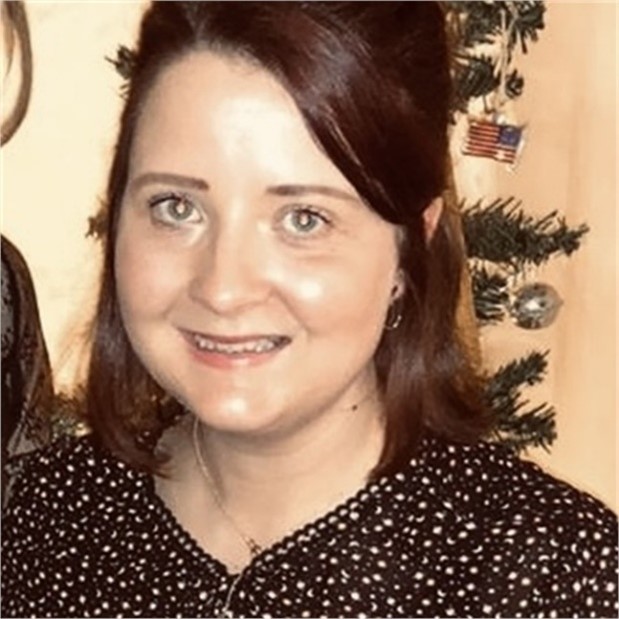Posted on: 6 August 2025
Work continues at pace across West Yorkshire to transform palliative and end of life care for people of all ages. Guided by the West Yorkshire Palliative and End of Life Care Health Needs Assessment, partners are coming together to deliver meaningful change, with a strong focus on tackling health inequalities and meeting the unique needs of local communities.
A recent workshop, hosted by the Wakefield End of Life Care Board, brought together stakeholders to review the local workplan. The session, supported by the regional Macmillan Transformation Lead, focused on priorities such as neighbourhood multidisciplinary teams (MDTs), hospital at home, and hospice care. A follow-up workshop is planned for September, with similar events happening across the region, including in Leeds.
Bradford has also seen innovation, with the Marie Curie Hospice launching a new allied health professionals (AHP) outreach project. This initiative, supported by our Palliative and End of Life Care (PEoLC) Programme, will help expand access to AHPs at the end of life.
Meanwhile, a recent community of practice session on learning disabilities and palliative care which brought professionals together from across the region to share best practices, received positive feedback.
“It was inspiring to hear the amazing work happening across the region and to connect with others who are passionate about improving care for people with learning disabilities,” said one attendee.
 Another said: “I left with practical ideas and resources I can take straight back to my team.”
Another said: “I left with practical ideas and resources I can take straight back to my team.”
“The energy and collaboration in the room were incredible” said Amy Kenyon, our Macmillan Transformation Lead for Palliative and End of Life Care, who facilitated the session. “We’re seeing a real appetite for collaboration and innovation across the region. By coming together in this way, we can make lasting improvements that truly reflect the needs of local communities.”
Working together with colleagues in the Adversity, Trauma and Resilience (ATR) programme, the team is also helping to embed trauma-informed care into every aspect of palliative care delivery. This includes a new train the trainer initiative, launched last month, to equip professionals to deliver compassionate, respectful and empowering care.
Amy said: “This work reinforces the principle that trauma-informed care shouldn’t be an add-on. It should be part of everything we do.”
See our palliative and end of life care webpages or email Amy Kenyon (amy.

